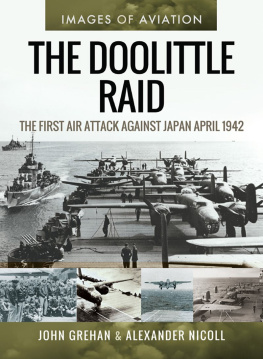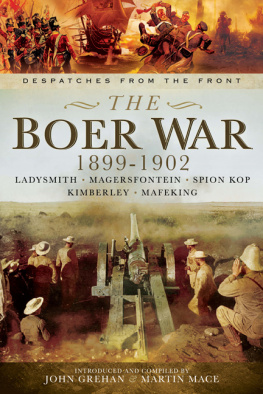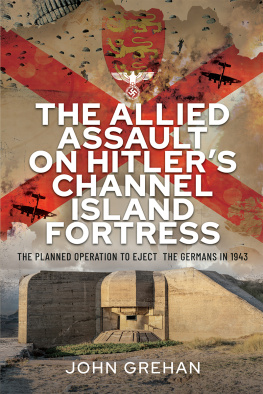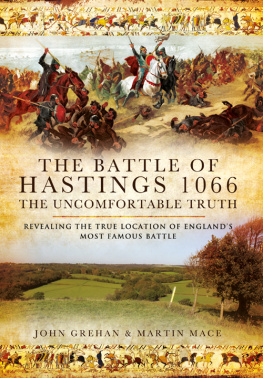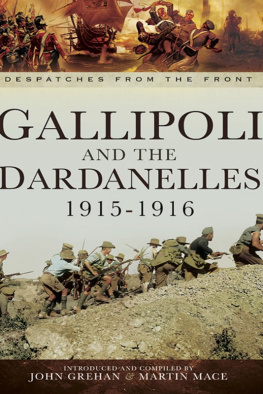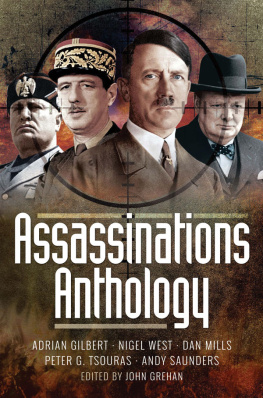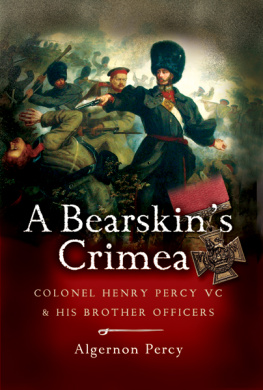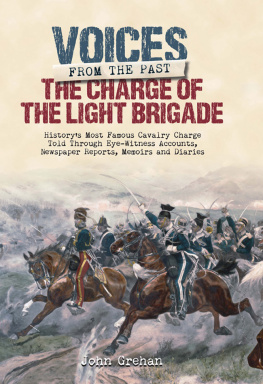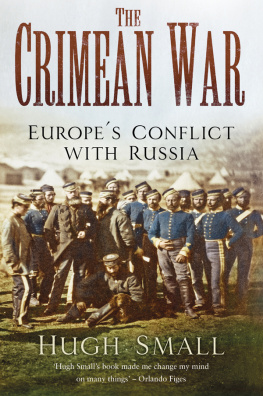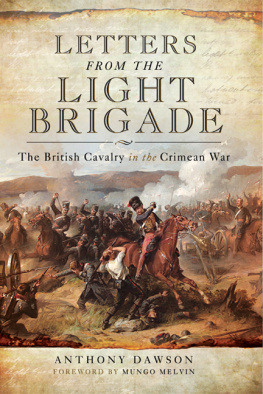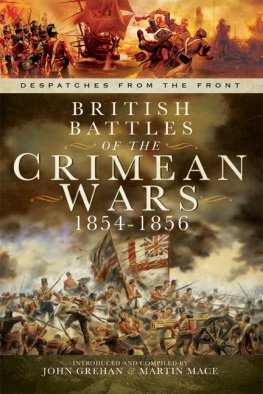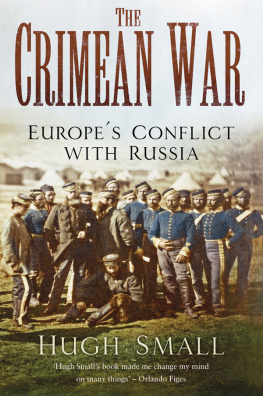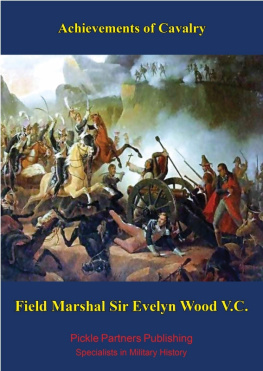
Also by John Grehan
The Lines of Torres Vedras
Churchills Secret Invasion
Voices from the Past, Waterloo 1815
With Martin Mace
Images at War, The Crimean War
Despatches from the Front, British Battles of the Crimean War
The Battle of Hastings, The Uncomfortable Truth
Unearthing Churchills Secret Army
Battleground Sussex
Slaughter on the Some, I July 1916
The Battle of Barossa, 1811
Bomber Harris, Sir Arthur Harris Despatch on War Operations
The Western Front 1914-1916
The Western Front 1917-1918
The Royal Navy and the War at Sea 1914-1919
The War in East Africa 1939-43
Operations in North Africa and the Middle East 1939-1942
Operations in North Africa and the Middle East 1942-44
Battles of the Zulu War
British Battles of the Napoleonic Wars 1793-1806
British Battles of the Napoleonic Wars 1807-1815
The War at Sea in the Mediterranean 1940-1944
The Battle for Norway 1940-1942
The BEF in France 1939-1940
Gallipoli and the Dardanelles
The Boer War
Capital Ships at War 1939-1945
Defending Britains Skies 1940-45
Liberating Europe: D-Day to Victory in Europe 1944-1945
Disaster in the Far East 1940-42
The Fall of Burma 1941-1943
The Battle for Burma 1943-1945
Far East Air Operations 1942-45
THE FIRST VCs
The Stories Behind the First Victoria Crosses of the Crimean War and the Definition of Courage
This edition published in 2016 by Frontline Books,
an imprint of Pen & Sword Books Ltd,
47 Church Street, Barnsley, S. Yorkshire, S70 2AS
Copyright John Grehan
The right of John Grehan to be identified as the author of this work has been asserted by him in accordance with the Copyright, Designs and Patents Act 1988.
ISBN: 978-1-47385-171-9
PDF ISBN: 978-1-47385-174-0
EPUB ISBN: 978-1-47385-172-6
PRC ISBN: 978-1-47385-173-3
All rights reserved. No part of this publication may be reproduced, stored in or introduced into a retrieval system, or transmitted, in any form, or by any means (electronic, mechanical, photocopying, recording or otherwise) without the prior written permission of the publisher. Any person who does any unauthorized act in relation to this publication may be liable to criminal prosecution and civil claims for damages.
CIP data records for this title are available from the British Library
For more information on our books, please visit
www.frontline-books.com
email
or write to us at the above address.
Printed and bound by CPI Group (UK) Ltd, Croydon, CR0 4YY
Typeset in 10.5/12.5 point Palatino
Introduction
The Scum of the Earth
General Yorke Scarlett sat in front of the line of troops, and as the Royal cortege came upon the ground the whole force, with a simultaneous movement, gave the Royal salute, presenting arms and lowering colours, with most impressive effect, ran the report in The Times of 3 August 1858. Her Majesty stood upon the dais with the Prince Consort and the Duke of Cambridge on her right, and immediately proceeded to confer the Crosses. Each recipient advanced in order, saluted Her Majesty, and then stood while the Queen with her own hands affixed the Cross to their breasts.
This report described the third mass distribution of the Victoria Cross to Crimean War veterans. What was significant about it was that it took place not in London, or Windsor Castle, but in Portsmouth. So revered and respected were those who had earned the Victoria Cross they did not have to go to the Queen for their medals, Victoria went to them, even though some were mere privates or seaman. So much had changed in so short a time.
The Duke of Wellington famously described the rank and file of the British Army as being composed of men who enlisted for having sired bastard children or having committed minor offences, but mainly they enlisted for drink. The men who defeated Napoleon in 1815 were, according to the Iron Duke, the scum of the earth the mere scum of the earth. A hundred years later, the men who fought at Ypres and the Somme were described as lions led by donkeys. In that century between Waterloo and Mons the ordinary British soldier had been transformed in the public conscience from villain to hero.
It was the reports from the Crimea which instigated this change. The new communication medium of the telegraph enabled news from the front to be transmitted back to Britain in a matter of days, whilst the steam-driven ships could carry despatches and letters to London in less than a week. This meant that the reports of the first war correspondent, William Howard Russell of The Times, could be published and laid before the British public just days after the event.
Amongst the earliest such reports provided by Russell was an account of an incident during the first major engagement of the war in the Crimea the Battle of the Alma: Already the wounded were passing by me. One man limped along with his foot dangling from the ankle, supporting himself on his firelock. Thank you kindly, sir, said he, as I gave him a little brandy, the only drop I had left. Glory be to God, I killed and wounded some of the Russians before they crippled me anyway. He halted off towards the rear.
Who was this humble, God-fearing but noble soldier who was so undemonstratively risking life, and certainly in this case limb, for Queen and country? Was this the scum of the earth?
Also referring to the wounded from the same battle, a surgeon wrote to the Daily News: The pluck of the soldier no one has yet truly described. They laugh at pain and will scarcely submit to die. It is perfectly marvellous, this triumph of mind over body. This was exactly the point up to that time no-one had described the courage of the ordinary soldier.
It was a given that the officer class, the sons of aristocrats, the gentry, were brave and brilliant leaders. This was, after all, nothing more than a reflection of the wider society in which the upper classes governed local communities and sat in the Palace of Westminster. Just how polarised the classes were is demonstrated by the words of Evelyn Wood. A later holder of the Victoria Cross, Wood was a Midshipman in the Crimea but subsequently transferred to the Army and became a Field Marshal: We did not understand in those days that private soldiers were actuated by the same feelings which impels officers to do great deeds.
It took the reports from the likes of Russell, and letters from those such as the unnamed surgeon at the Battle of the Alma, printed in the local and national press, to make all classes of society realise that the common man was as brave, patriotic and resourceful as the officers above him. Indeed, those newspaper articles and letters painted an entirely different picture from that which would have been conjured up in the public mind when the troops first marched off to war. What was revealed was a tale of failure in high office, rescued only by the courage and determination of the lower ranks. The phrases Russell used, such as no-one would take responsibility upon himself even to save the lives of hundreds, and there was no excuse for the privations to which then men were exposed, shocked the nation.


